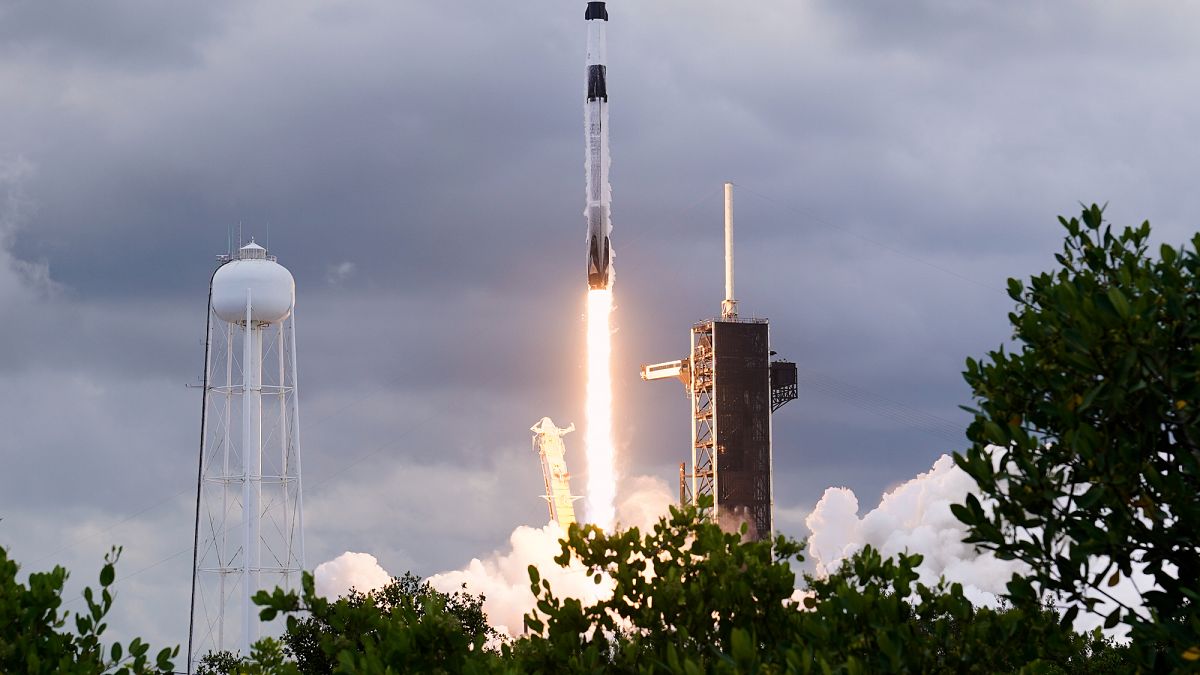

In a remarkable demonstration of technology and international collaboration, SpaceX successfully delivered a crew of four astronauts to the International Space Station (ISS) within a swift 15-hour journey from launch. This accomplishment highlights the ongoing efforts to foster cooperative ventures in space exploration, bringing together astronauts from diverse backgrounds. The crew featured two NASA astronauts, alongside their colleagues from Russia and Japan, epitomizing the spirit of global unity and shared goals in scientific advancement.
The mission reflects SpaceX’s continued role in enabling access to space, showcasing their reliability in transporting both equipment and personnel to the ISS. This particular journey not only advances scientific research but also strengthens diplomatic relationships among participating nations. The significant reduction in travel time to the station demonstrates technological progress, optimizing operations and expanding possibilities for future missions. Such endeavors help push the boundaries of what is attainable in space exploration, creating a harmonious blend of technology and diplomacy.
Meanwhile, the realm of artificial intelligence (AI) is witnessing groundbreaking developments, as hyper-realistic AI-generated news anchors begin to emerge. These avatars, bearing an uncanny resemblance to their human counterparts, are programmed with the same level of enthusiasm, energy, and diction typically expected of professional newsreaders. This innovation signifies how far AI technology has come, evolving to simulate human-like presence convincingly. However, this progress also raises pertinent questions concerning the spread of misinformation, given that these lifelike creations have been known to disseminate fabricated news.
The emergence of AI-generated figures in media underlines the need for vigilant content regulation and consumer awareness. As breathtaking as these technological advances are, they underscore a crucial responsibility: to ensure such tools are used ethically and accurately. Maintaining trust and integrity in media channels remains an essential objective, as these artificial creation methods become more prevalent. By fostering transparency and accountability, the media industry can navigate this new era, balancing innovation with principled standards.
In response to these rapid advancements in AI technology, the European Union has taken proactive measures to establish an AI Code of Conduct. This initiative has seen participation from 26 tech companies, indicating widespread commitment to ethical AI use. Companies adhering to this Code will continue to meet the obligations set out by the AI Act, which takes effect on August 2. The Code aims to provide a framework that guides the responsible development and deployment of AI, ensuring that these transformative technologies align with human values and societal needs.
The widespread embrace of the AI Code signals a significant step towards coordinated efforts in managing AI’s impact. By prioritizing ethical considerations, the initiative supports a balanced approach that focuses on minimizing risks while maximizing benefits. It fosters dialogue and collaboration among stakeholders, which are vital for cultivating a future where AI contributes positively to society. Through such collaborations, the EU exemplifies leadership in setting precedents for AI governance, paving the way for global standards.
As we reflect on these significant strides in space exploration and AI development, the interconnectedness of these fields becomes evident. Both realms rely heavily on technological innovation and international cooperation, offering insights into how human ingenuity can transcend traditional boundaries. Through thoughtful collaboration, enhanced by cutting-edge technology, we hold the potential to address some of the most pressing challenges facing our world.
Looking ahead, the path toward sustainable progress remains lined with opportunities to create profound impacts in scientific, social, and economic spheres. By fostering collaboration and ethical innovation, we can chart a course towards a future enriched by knowledge, discovery, and shared purpose. These advances remind us that with patience, perseverance, and a mindful approach, the potential for positive change is boundless.
Source: {link}
